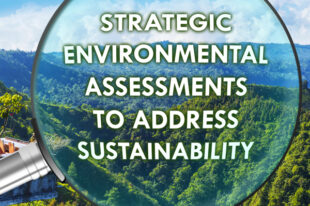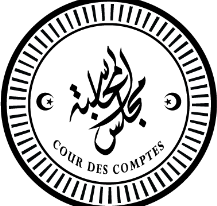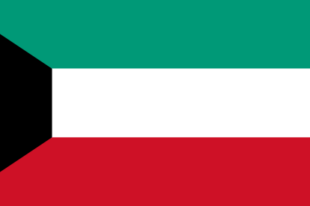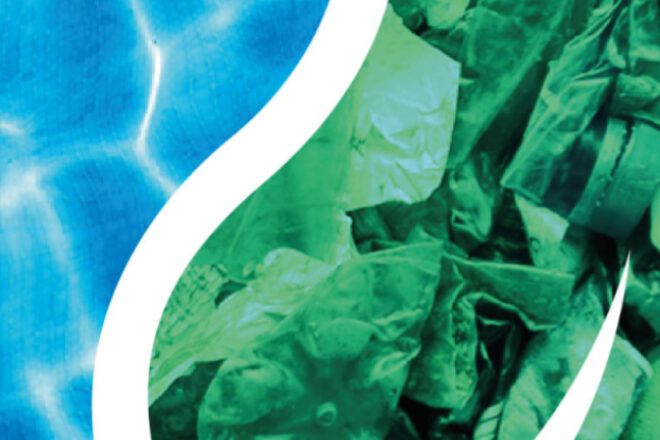
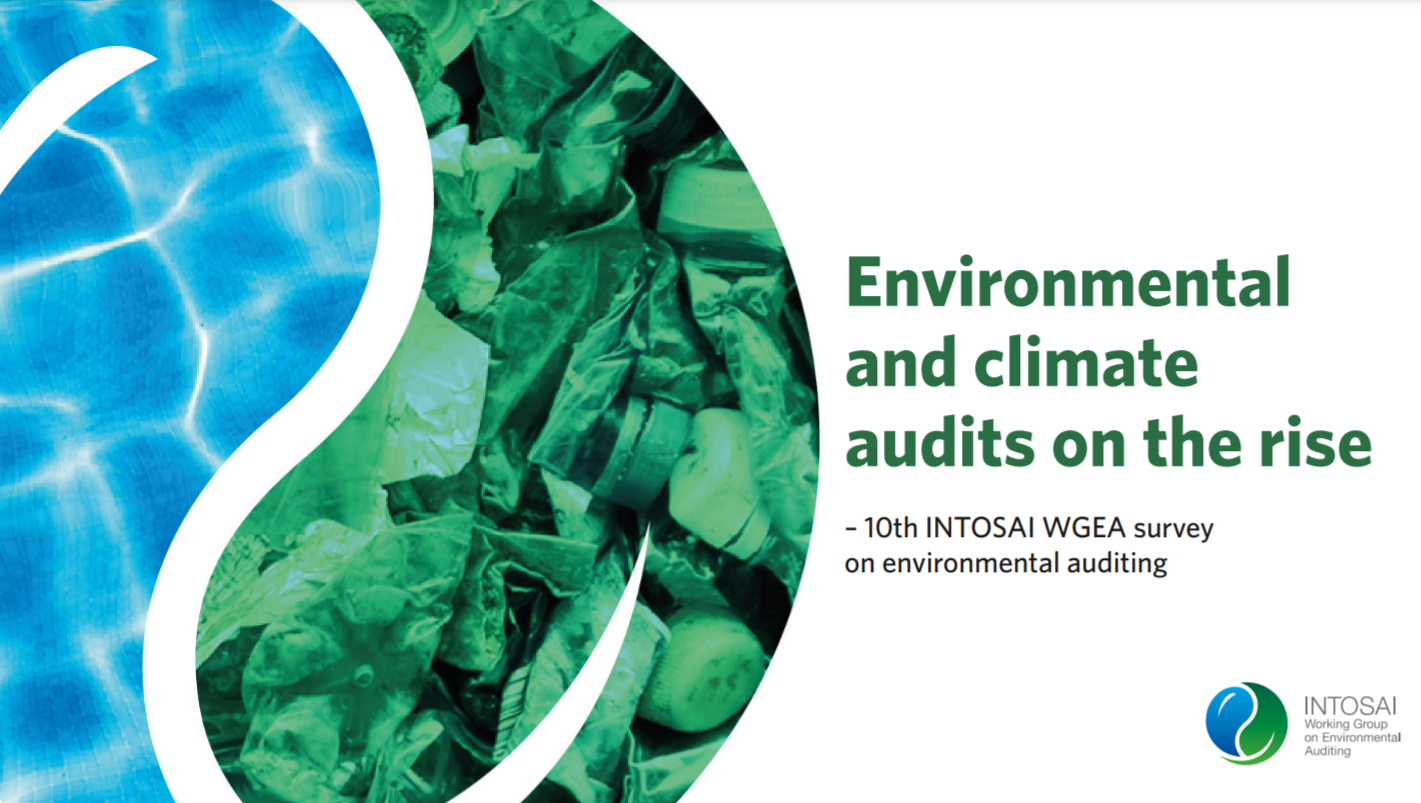
by Vivi Niemenmaa, Secretary General, INTOSAI WGEA
Every three years, the INTOSAI Working Group on Environmental Auditing (WGEA) publishes a survey providing a state of play on environmental auditing globally. The survey gives an overview of the audits Supreme Audit Institutions (SAIs) have conducted and plan to undertake, the resources SAIs have dedicated to the work, the topics they have chosen, the ways in which they have conducted and communicated about their audits, and the main barriers to their work.
WGEA’s 10th survey, which 71 SAIs responded to, indicates a continued increase in both the volume of environmental audits and number of employees working on them, especially among respondents from the African Organization of SAIs (AFROSAI) and Pacific Association of SAIs (PASAI). Most often, respondents conducted environmental audits in the context of performance audits, and almost all said their environmental auditors had experience in performance auditing.
Climate Topics, SDGs Receive Increasing Attention
While the most popular audit topic in 2018-2020 was the protection of nature, in 2021-2023 climate change adaptation has risen to first place. The fact that climate change adaptation did not even make it to the top ten list in the previous survey could be an indication that SAIs are becoming increasingly alert to this issue.
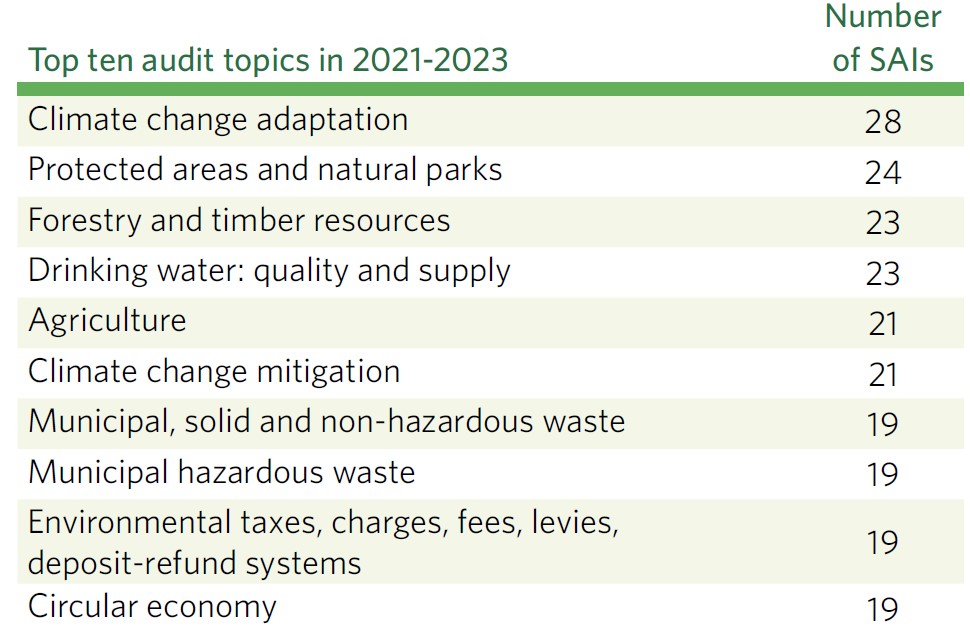
While the majority of respondent SAIs have not audited multilateral environmental agreements, there is growing interest in this area, especially in auditing the Paris Agreement on climate, followed by the United Nations (UN) Agenda 2030 and Sustainable Development Goals (SDGs). Furthermore, the Agenda 2030 has affected auditing in many ways, as over half of the SAIs use the SDGs to choose audit topics and as audit criteria. Only 6 percent of respondents said the Agenda 2030 had not affected their audit activities at all.
Among the environmentally focused SDGs, in 2018-2020 SDG 6 (Ensure availability and sustainable management of water and sanitation for all) was the most audited. In 2021-2023, SDG 13 (Take urgent action to combat climate change and its impacts) will be the most popular topic. Regionally, SAIs in the Global South paid more attention to the SDGs than SAIs in the Global North.
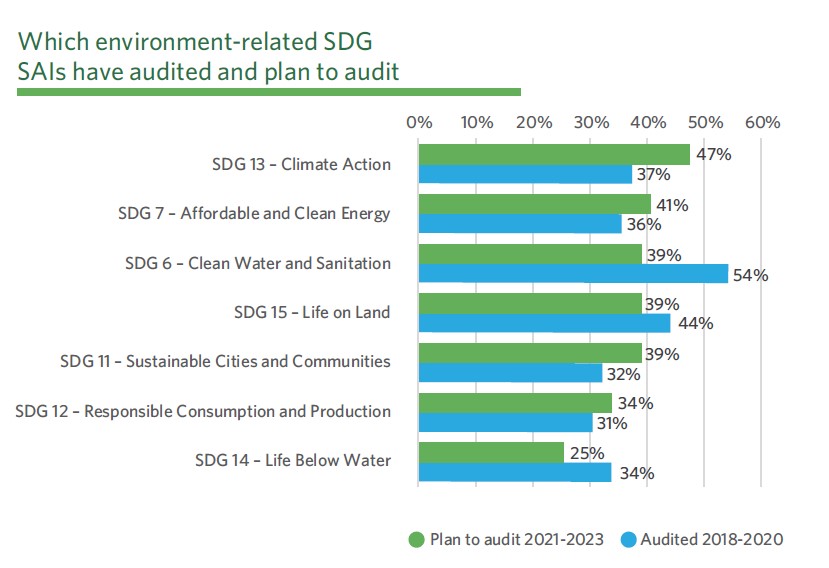
Data Issues Are the Greatest Barriers
The survey found that the most common barriers to environmental auditing related to data—either the lack of it in the first place, or difficulties accessing reliable data. SAIs considered data issues to be greater obstacles than other issues, such as lack of expertise.
Desk Work Has Replaced Field Visits
The report also provides insights into the ways in which the pandemic has affected how SAIs conduct environmental audits. While the ability of many SAIs to continue their work remotely is reason to celebrate, there is also serious concern about the quality of audits conducted without site visits or field observations. The message from the environmental audit community is clear: physical observations cannot be replaced by desk work alone.
For the future, SAIs foresee more activities centered on the SDGs, increased training on environmental auditing and environmental issues, and further exchange of knowledge with other SAIs.
The survey and infographic are available on the WGEA website.

